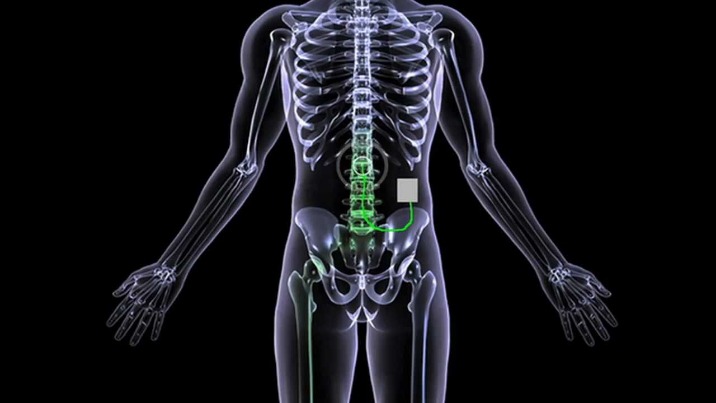Read more about INTERVENTIONAL PAIN here.
Chronic pain can be debilitating, impacting one’s quality of life and ability to function on a daily basis. For those suffering from conditions such as arthritis, back pain, or nerve damage, traditional treatments like medication and physical therapy may not always provide the relief needed to resume normal activities. This is where interventional pain management comes in, offering innovative solutions to help manage and alleviate chronic pain.
What is Interventional Pain Management?
Interventional pain management involves utilizing minimally invasive procedures to target and treat the source of pain directly. Unlike traditional pain management techniques that may focus on masking symptoms with medication, interventional procedures aim to identify and alleviate the underlying cause of pain. These procedures are often guided by imaging techniques such as ultrasound or fluoroscopy to ensure precision and accuracy.
Types of Interventions
There are various types of interventions used in interventional pain management to address different types of pain conditions. Some common interventions include:
- Epidural steroid injections
- Facet joint injections
- Radiofrequency ablation
- Sacroiliac joint injections
- Spinal cord stimulation
These interventions can help reduce inflammation, block pain signals, or disrupt nerve pathways responsible for transmitting pain signals to the brain. By targeting the specific area causing pain, patients can experience significant relief and improved function.
Benefits of Interventional Pain Management
Interventional pain management offers several benefits over traditional pain management approaches. Some of the advantages include:
- Targeted pain relief
- Minimally invasive procedures
- Reduced reliance on medication
- Improved physical function and mobility
- Quick recovery time
Additionally, interventional procedures can be effective in managing pain for longer periods, allowing patients to engage in activities they may have previously avoided due to pain.
Overall, interventional pain management is a powerful tool in the fight against chronic pain, offering personalized treatment options that can significantly improve the quality of life for individuals suffering from persistent pain conditions. By targeting the source of pain directly, patients can experience lasting relief and renewed hope for a pain-free future.



